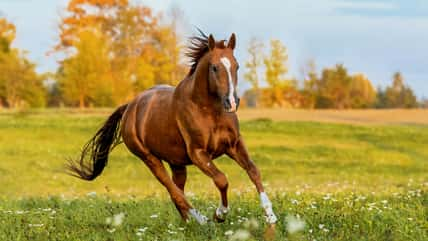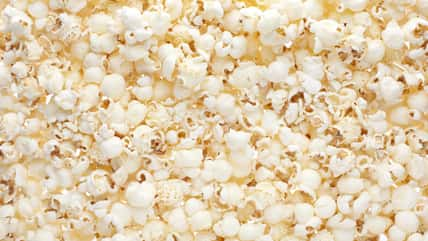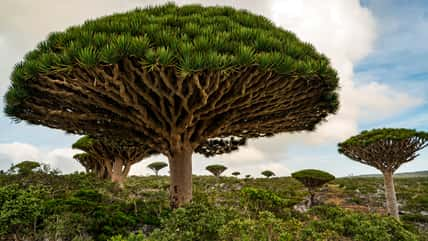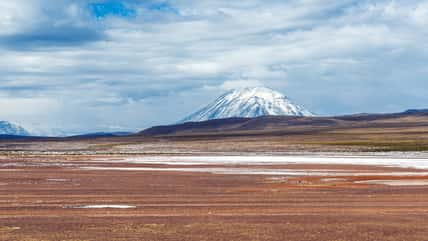These Women Dive Into Freezing Waters Without Gear, And Their Secret Might Be In Their DNA
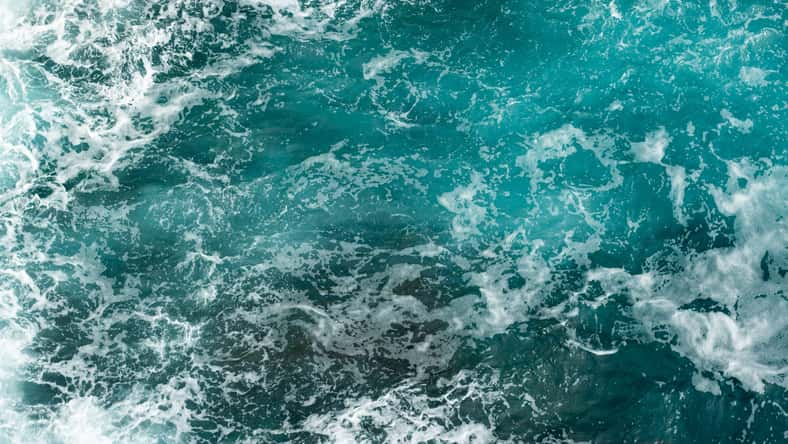
On South Korea’s largest island, Jeju Island, a group of women free-dive into frigid waters year-round to harvest food from the seafloor without using any special equipment.
They dive down to depths of almost 33 feet. A new study has revealed that these women carry distinct genes that are not found in those living on the mainland.
The genes may be associated with the women’s abilities to tolerate cold water and lower their blood pressure while diving.
Jeju Haenyeo, which translates to “women of the sea,” started diving at around 15 years old. They would gather sea urchins, seaweed, octopuses, and abalone.
The group harvests for up to seven hours a day for about 90 days of the year, according to UNESCO. They continue diving well into their 80s and even when pregnant.
“It’s incredible. It’s not just that they’re doing this in older age, but how athletically they’re doing it is just mind-blowing,” said Melissa Ilardo, a study author and a geneticist at the University of Utah.
Another population of people, the Bajau people, or “sea nomads,” in Indonesia, also free-dives for seafood. But the water is much warmer off the tropical island.
It is around 80 degrees Fahrenheit, while the water off Jeju can drop below 55 degrees Fahrenheit. That is cold enough to cause hypothermia. Yet, Jeju Haenyeo will dive no matter what the water’s temperature is.
The researchers compared the genetics of 30 Jeju Haenyeo to that of 30 female non-divers from Jeju and 31 others from mainland South Korea in order to uncover the secrets behind the Haenyeo’s diving abilities and cold water tolerance.
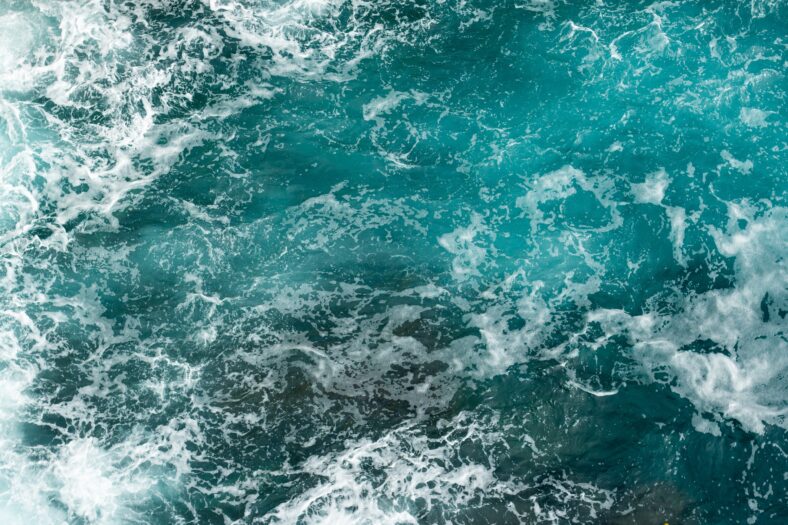
Sign up for Chip Chick’s newsletter and get stories like this delivered to your inbox.
How Is The DNA Of These Women Different?
Haenyeo and non-divers from Jeju shared the same genetic makeup, which was different from their mainland counterparts.
People from Jeju were more likely to carry a variant of a gene for sarcoglycan zeta, a protein related to cold sensitivity. The gene variation could explain the free-divers’ tolerance to cold water.
About one-third of the women on Jeju carried a gene variant that codes for a protein called Fcy receptor IIA.
Meanwhile, only seven percent of women from the mainland had this variant. The protein might help regulate how muscles in the lining of blood vessels respond to inflammation.
If inflammatory effects are minimized in blood vessels, it may lower diastolic blood pressure. The researchers tested this idea by conducting a simulated dive in which participants submerged their faces in a bowl of cold water while holding their breath.
“If you hold your breath and put your face in a bowl full of cold water, your body responds as if you’re diving,” Ilardo said.
“A lot of the same processes happen in your body that would happen if you were to jump in the ocean, but it’s done in a way that’s safe for people with no diving experience.”
Overall, the participants from Jeju had higher blood pressure than the mainland participants. During the simulated dive, both groups experienced higher diastolic blood pressure than normal. However, those who had the Fcy receptor IIA gene variant experienced much lower diastolic blood pressure.
The gene variant could protect Haenyeo from complications linked to diving-induced hypertension or high blood pressure in general, which could be especially harmful during pregnancy.
The study was published in Cell Reports.
More About:News

